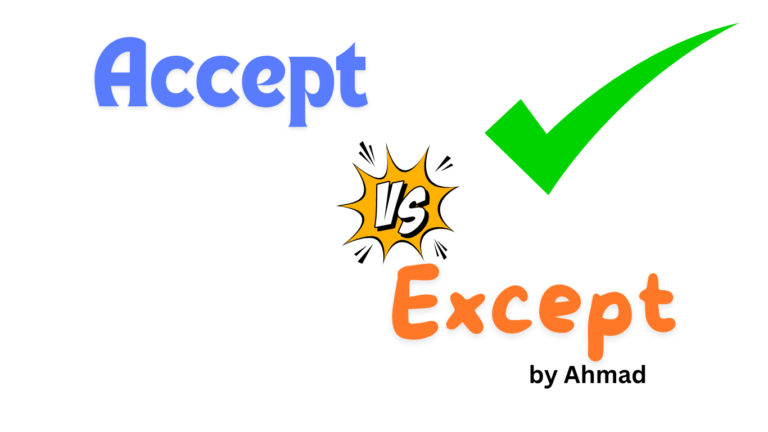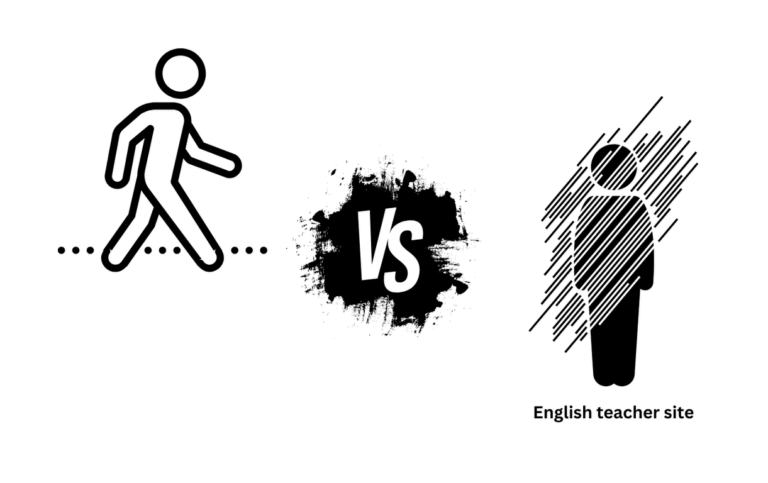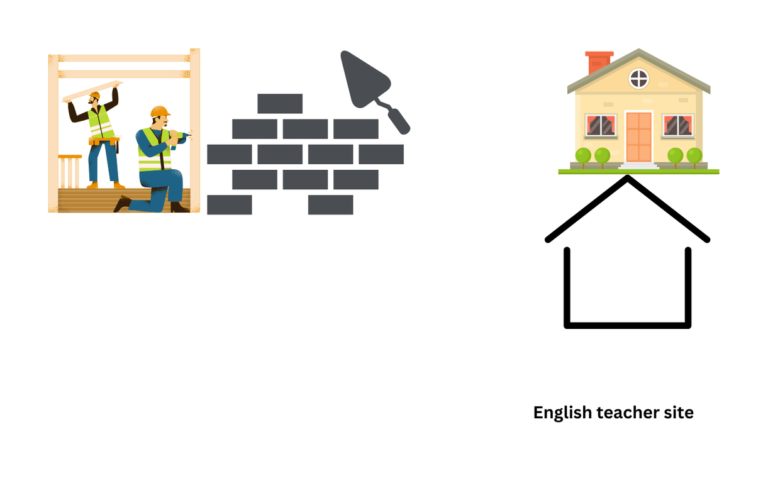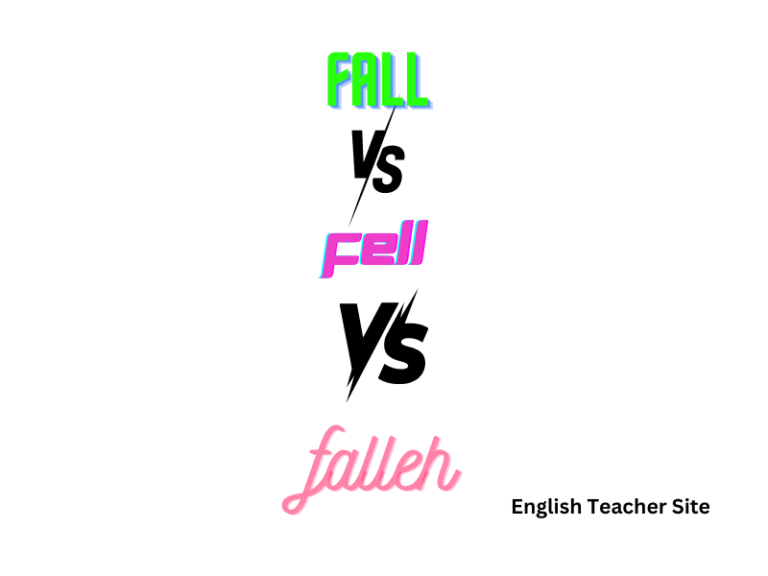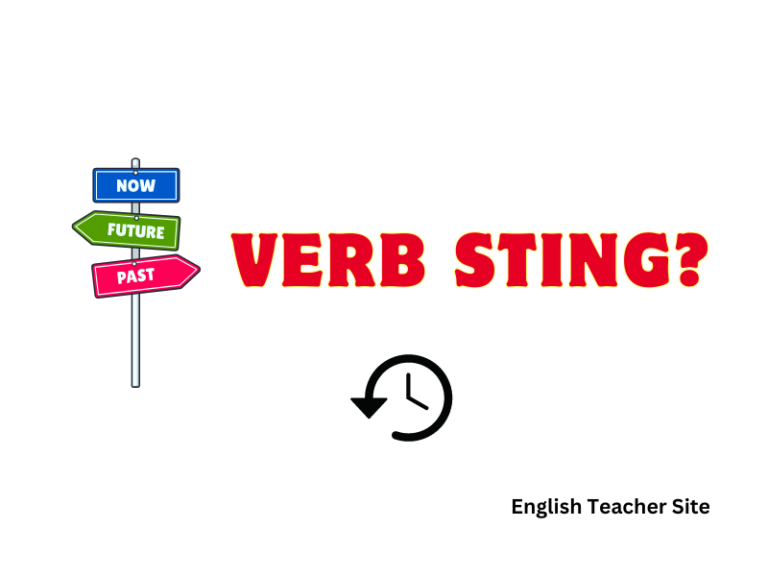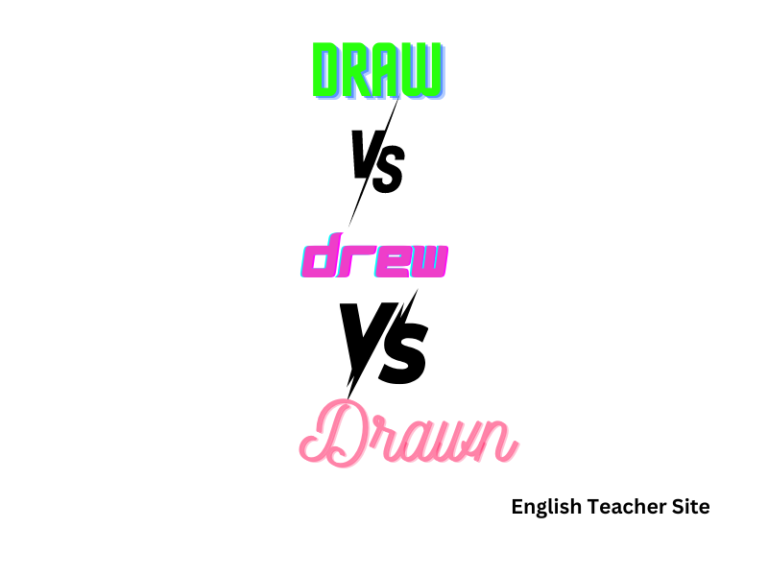Burst or Bursted: What’s the Correct Past Tense of Burst?
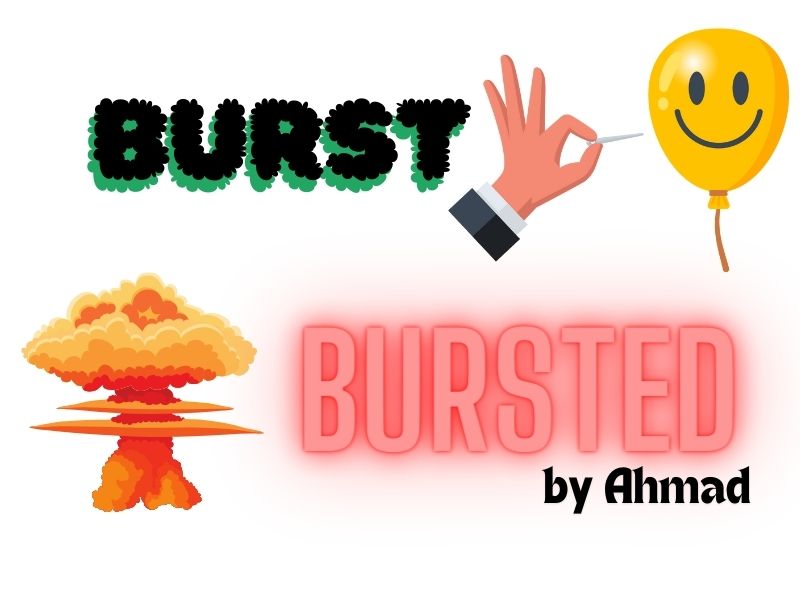
- The past tense of “burst” is “burst” and the use of “bursted” is unnecessary and incorrect.
- “Burst” is a dynamic verb that can be used in a variety of contexts in the English language.
- Understanding the correct usage of “burst” is important for both native speakers and English language learners.
Usage of “burst” in the English language is varied and can be found in both written and spoken communication. From describing the bursting of a balloon to the sudden appearance of an actor on stage, “burst” is a dynamic verb that can be used in a variety of contexts.
Understanding the Past Tense of ‘Burst’
As an English teacher, it is important to understand the correct past tense form of verbs. One verb that often causes confusion is ‘burst’. The past tense of ‘burst’ is ‘burst’, not ‘bursted’.
The Correct Past Tense Form
The simple past tense of ‘burst’ is ‘burst’. For example, “The balloon burst.” In addition, the past participle of ‘burst’ is also ‘burst’. For example, “The balloon had burst.”
It is important to note that ‘burst’ is an irregular verb, which means it does not follow the typical pattern of adding ‘-ed’ to the base form to create the past tense and past participle forms.
Common Errors and Misconceptions
One of the most common errors with ‘burst’ is adding ‘-ed’ to the base form to create the past tense form ‘bursted’. This is incorrect. As mentioned earlier, the correct past tense form of ‘burst’ is ‘burst’.
Another common misconception is that ‘bursting’ is the past tense form of ‘burst’. However, ‘bursting’ is actually the present participle form of ‘burst’. For example, “The balloon was bursting.”
| Inflected Form | Example |
|---|---|
| Base Form | Burst |
| Simple Past | Burst |
| Past Participle | Burst |
| Present Participle | Bursting |
| Third Person Singular | Bursts |
Usage of ‘Burst’ in English Language
As an English teacher, it is crucial to understand the proper usage of ‘burst’ in the English language. ‘Burst’ is an irregular verb, which means it does not follow the regular pattern of adding ‘-ed’ to form the past tense and past participle.
Grammatical Contexts for ‘Burst’
‘Burst’ is commonly used in the present tense to describe an action of something breaking open or apart due to internal pressure or an external force. For example, “The balloon bursts when it hit a sharp object.” In the past tense, ‘burst’ remains the same. For example, “The balloon burst when it hit a sharp object.” In the present participle form, ‘bursting’ is used to describe an ongoing action of something breaking open or apart. For example, “The balloon is bursting due to the internal pressure.”
Phrasal Forms and Expressions
‘Burst’ is also used in various phrasal forms and expressions. For instance, ‘burst into’ is used to describe a sudden action or emotion. For example, “She burst into tears when she heard the news.” ‘Burst onto’ is used to describe a sudden appearance or entrance. For example, “The band burst onto the stage to start the concert.”
Here are some additional points to consider when using ‘burst’ in the English language:
- ‘Burst’ is not to be confused with ‘bust,’ which means to break or destroy something deliberately.
- In the past perfect tense, ‘burst’ is used with ‘had’ to describe an action that was completed before another past action. For example, “They had burst all the balloons before the party started.”
- In the present perfect tense, ‘burst’ is used with ‘have’ or ‘has’ to describe an action that started in the past and continues to the present. For example, “I have burst many balloons in my life.”
- In the future perfect tense, ‘burst’ is used with ‘will have’ to describe an action that will be completed before a future action. For example, “By the time the party starts, I will have burst all the balloons.”
- ‘Burst’ can also be used as a noun to describe a sudden explosion or loud noise. For example, “The burst of the bombs was heard throughout the city.”
To summarize, ‘burst’ is a versatile verb that can be used in various tenses, phrasal forms, and expressions. Understanding its proper usage is essential for effective communication in the English language.
Sources:
- Grammar Wiki
- https://www.etymonline.com/word/burst
My name is Khamis Maiouf. I am the creator of the English Teacher Site, dedicated to providing valuable resources and insights for students around the world. With a passion for education and a commitment to helping students enhance their skills, I aim to make English teaching more effective and enjoyable for both educators and students.

